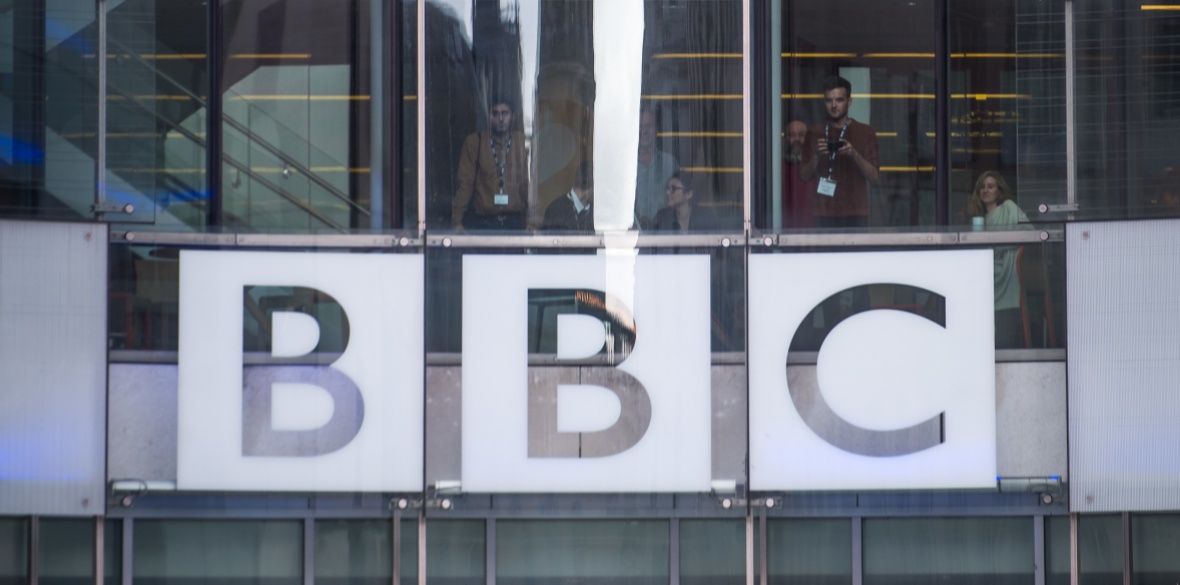This is the last article you can read this month
You can read more article this month
You can read more articles this month
Sorry your limit is up for this month
Reset on:
Please help support the Morning Star by subscribing here
CUTS to the BBC licence fee will see workers and the public pay the price, unions warned today after it was reported that the new rates would protect wealthier households.
The Times reported that the fee will rise by less than the rate of inflation in the future because ministers were concerned about hitting households with higher bills.
Ministers are understood to have rejected calls by the corporation for it to increase the licence fee in line with inflation, as in previous years, the newspaper said.
The fee is set by the government, which announced in 2016 that it would rise in line with inflation for five years from April 1 2017.
Bectu national secretary Noel McClean said that the media and entertainment union is seriously concerned about the impact on workers of further real-terms cuts to the licence fee and called for proper funding for the broadcaster.
“Despite years of cuts, the pressure has increased on the BBC to continue producing high-quality entertainment and informative content, and it is workers who pay the price in longer hours and increased pressure,” he said.
National Union of Journalists national broadcasting organiser Paul Siegert said that if the report is true, it would be a hammer blow for the BBC.
He said: “Cutting funding to the BBC, via a below-inflation rise in the licence fee, will mean the BBC will be able to offer less to the public — less local and national news, less journalism, less on the radio, website and TV, and less diversity and less quality programming and output.
“There is certainly the money available to sufficiently finance the BBC, it is the political will and support that has been shortcoming.”
In February, it was announced that the cost of the annual TV licence fee would increase from £157.50 to £159 from April 1 2021.
The licence fee model has come under fire amid criticism of the BBC over equal pay, diversity, as well as the abolition of free TV licences for all over-75s.
The over-75s were given a grace period on TV licence payment because of the Covid-19 pandemic, but this ended on July 31.
Only those who receive pension credit do not have to pay the annual sum.
Downing Street declined to deny the report.
The Prime Minister’s official spokesman said: “We haven’t set out our proposals for the licence fee at this point.”











